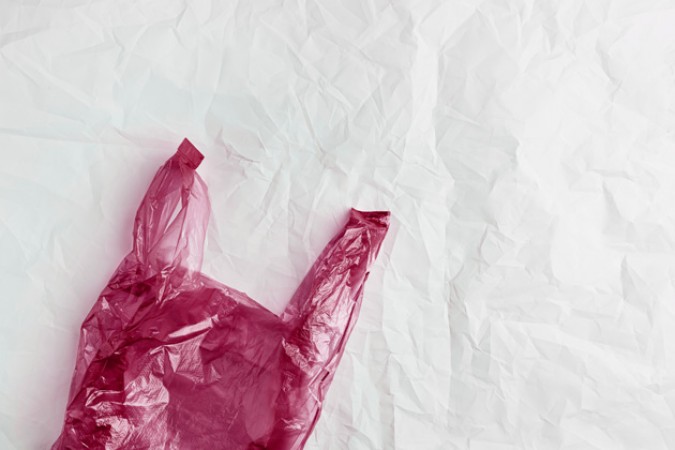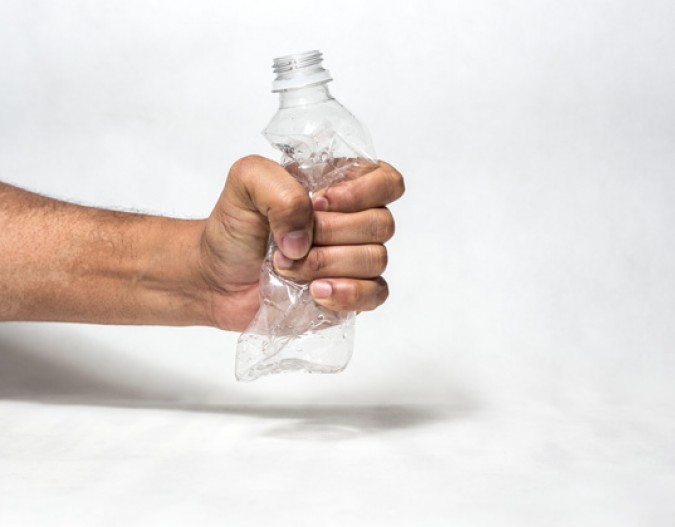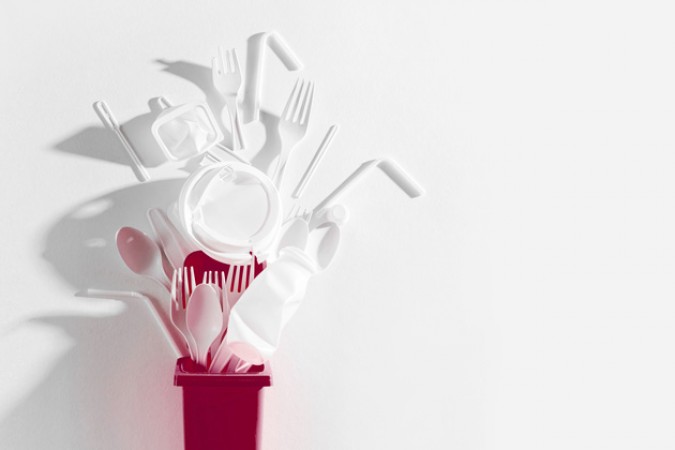Goodbye single-use plastics: a sustainable future or an impossibility?
Goodbye single-use plastics: a sustainable future or an impossibility?
In a world that is becoming increasingly aware of environmental issues, single-use plastics are in the focus of attention. These products, which are often used only once before being thrown away or recycled, pose a substantial challenge to our environment. But would it be it realistic to eliminate these plastics completely by 2035? Let's delve deeper into the problems of SUPs, or single-use plastics.
What are single-use plastics?
Single-use plastics are products that are designed to be used only once before being thrown away or reprocessed into another product. Think of plastic cutlery, straws, bottles and carrier bags. While convenient for consumers, these products have a short-lived usefulness compared to their long lives in our oceans and landfills if not collected and processed properly.
The biggest problem with single-use plastics is their impact on the environment. These plastics contribute to the enormous amount of waste polluting our planet, especially in oceans where they pose a threat to marine life. They are not only harmful to the environment, but also to our health if microplastics eventually enter our food chain.

EU law: the end of takeaway food and drinks by 2035?
The European Union's recent proposals regarding packaging and packaging waste are potentially groundbreaking. As part of the ambitious Packaging & Packaging Waste Regulation, the EU is considering a ban on all single-use and reusable food service packaging by 2035. This has far-reaching implications for the takeaway and quick service industry, a sector currently heavily dependent on such packaging.
This proposal aims to reduce the food industry's environmental footprint and is a step towards a more sustainable future. However, without viable alternatives this could destabilize the entire takeaway food and drinks sector. These companies are not only a source of convenience for consumers, but are also a vital part of our economy, with thousands of jobs and local businesses depending on them.
The dilemma lies in finding a balance between environmental protection and ensuring the viability of this industry. An abrupt ban on current packaging solutions without practical and affordable alternatives could lead to significant disruptions.
“This is not just about replacing a product, but about rethinking an entire system of supply and consumption.”
It is therefore essential that this transition is guided by thorough research, innovation and collaboration between governments, industries and consumers. There should be a period of adjustment during which alternative packaging methods are developed and tested, taking into account both environmental impacts and economic feasibility. The ultimate goal should be to create a sustainable model that respects the needs of the environment as well as those of consumers and businesses.

Marisan's vision on sustainable packaging
At Marisan we are aware of the complexity and urgency that the new SUP guidelines entail. Our goal is to bridge the gap between sustainability and functionality, taking into account both ecological and economic aspects.
Our commitment to sustainability is at the heart of everything we do at Marisan. We strive to not only meet, but exceed current environmental standards. Our team is constantly researching and developing new, innovative packaging materials that have less impact on the environment. This includes exploring biodegradable and compostable materials, as well as reusing and recycling existing materials.
Completely eliminating single-use plastics is an ambitious but understandable goal that aims to contribute to a sustainable future. It remains to be seen whether this will be feasible by 2035. Strong legislation targeting workable goals should be our priority in the 2024 European elections. But well-thought-out legislation means that consumers, legislators and industries are heard before fixed goals are set. Our view on this has been replaced where possible, and only used where it is really necessary, for example to guarantee the food safety of a packaged product. Mono materials are an important step in this whole process!
At Marisan we remain committed to contributing to a world where sustainability and functionality go hand in hand.
